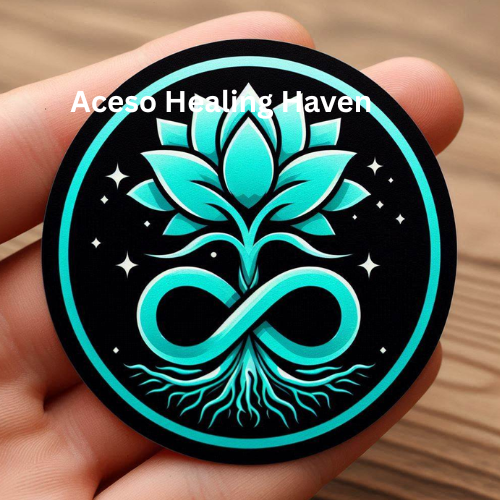Journaling isn’t just a daily habit; it’s a powerful tool for managing and understanding your health journey. It starts with putting pen to paper to capture your thoughts, feelings, and daily experiences. This act of recording isn’t merely about keeping track of events; it’s about reflection, insight, and emotional freedom. But why does it resonate so deeply with those on a quest for better health?
For starters, journaling gives you a tangible way to track your health progress. Whether jotting down details on symptoms, medications, dietary changes, sleep patterns, or exercise regimes, having these written records helps in spotting patterns you might miss otherwise. When these details stack up over weeks or months, they provide a comprehensive picture of what’s working and what needs a tweak.
Mindful journaling takes things a step further. This isn’t just listing what happened in your day; it involves diving beneath the surface. By integrating mindfulness, you can journal with intent and awareness, focusing on emotions and mental health as critical components of your well-being. This approach helps individuals dig into the ‘why’ behind their moods and behaviors, providing a gateway to greater self-awareness and emotional intelligence.
Customizing your journaling practice to align with personal health goals is crucial. Whether you’re focused on improving physical health, managing stress, or finding emotional balance, tailoring your journal to fit these goals keeps you motivated and committed. It’s your private space to celebrate small wins, vent frustrations, and plan for what’s next.
Backing all this is a trove of research highlighting journaling’s benefits. Studies have shown it helps reduce stress, enhances motivation, and supports emotional healing. Experts agree that the act of writing fosters personal growth by transforming intangible thoughts into concrete ideas, helping clear mental clutter.
So, what makes an effective health journal? It’s about setting the right environment, choosing your frequency, embracing content diversity, and using tools that suit you best. Whether a beautiful notebook or a simple app, the right journal is one that you feel comfortable using regularly. It’s not about perfection, but rather consistency and honesty.
Despite the benefits, sticking with a journaling habit can be tough. Writer’s block and inconsistency are common hurdles, but they’re not insurmountable. Consider setting a regular journaling schedule or starting with timed writing sessions before bedtime to keep the momentum. The key is finding what works for you and honoring the process.
